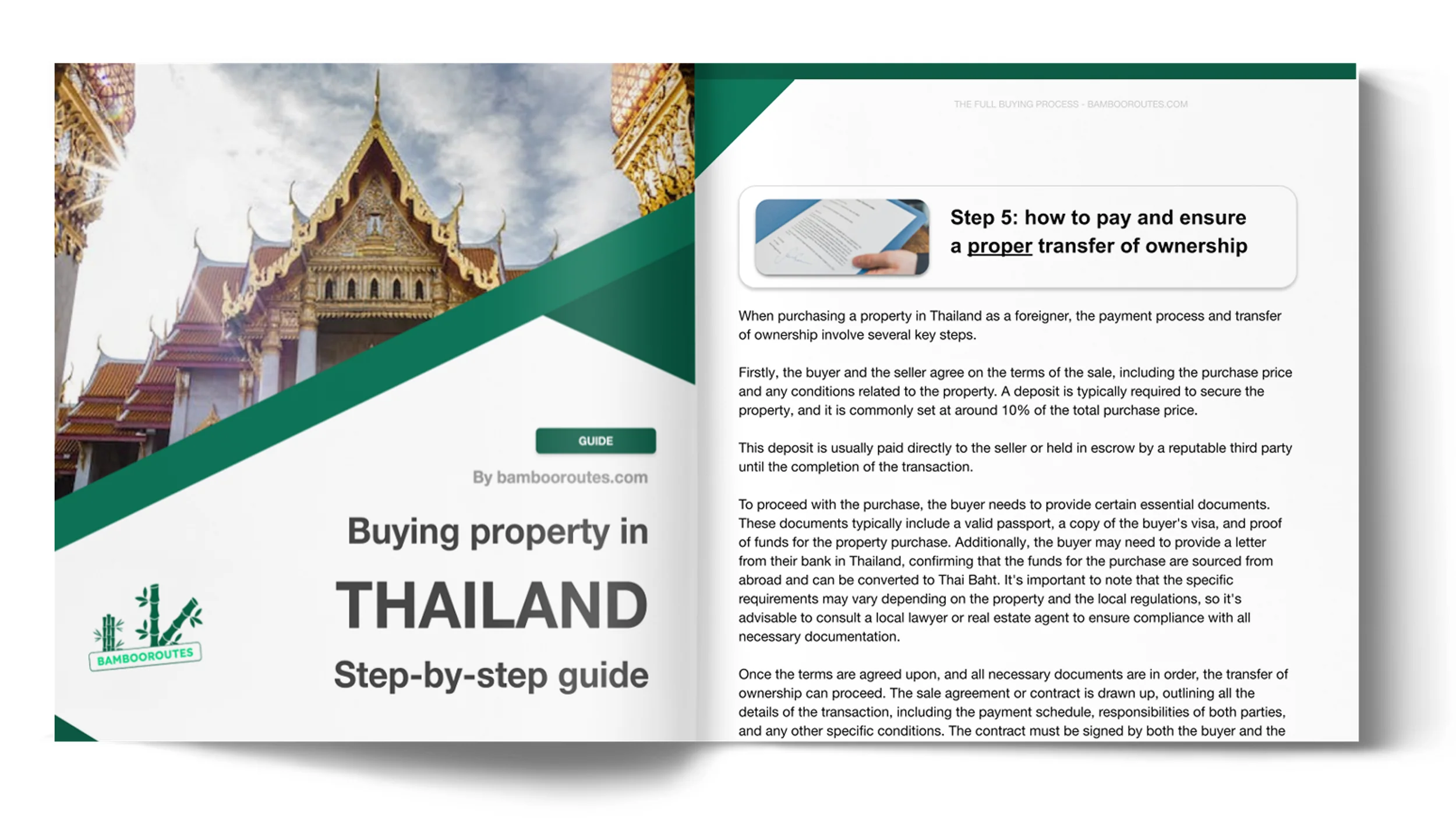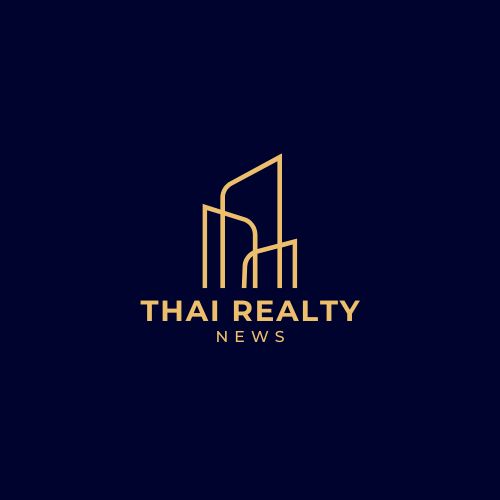Market Performance and Investment Potential
Townhouses in Thailand offer a middle option between condominiums and detached houses. As of mid-2025, they have shown steady price growth of about 3.53% annually. Rental yields in prime areas range from 5% to 7%, making them competitive investments. However, foreign ownership restrictions and higher management demands make townhouses more complex investments compared to condominiums, which now allow up to 75% foreign ownership.
Townhouses suit long-term residents or investors with local ties. Success depends on choosing the right location and understanding the legal ownership framework.
Definition and Comparison with Other Property Types
Townhouses are multi-storey homes attached to neighbours on both sides, usually with 2 to 4 floors and private outdoor spaces. Owners hold title to both the building and the land beneath, unlike condominiums where ownership covers only the interior unit.
Typical townhouse sizes range from 150 to 300 square metres, larger than most condos (30–150 sqm) but smaller than detached homes (200–500+ sqm). Townhouse owners handle all maintenance themselves, while condo owners benefit from shared management. Foreigners cannot directly own townhouse land, unlike condos where foreign ownership is permitted up to 75%.
| Feature | Townhouse | Condominium | Detached Home |
|---|---|---|---|
| Land Ownership | Yes | No | Yes |
| Maintenance | Owner responsibility | Managed by juristic person | Owner responsibility |
| Amenities | Limited/none | Extensive (pool, gym) | Private only |
| Foreign Ownership | Restricted | Allowed (75% quota) | Restricted |
| Typical Size | 150–300 sqm | 30–150 sqm | 200–500+ sqm |
Prices, Rental Income, and Yields
Townhouse prices vary by region:
-
Bangkok: ฿4–5 million, with rental incomes from ฿25,000 to ฿60,000 monthly in central areas, yielding 5–6%.
-
Chiang Mai: ฿3–4 million, rental income ฿15,000–30,000 monthly, yields 6–7%.
-
Phuket: ฿4–6 million, rentals between ฿20,000 and ฿50,000, yields 4–7%.
Nationwide residential rental yields average 6.17% in early 2025, with satellite cities like Samut Prakan and Nonthaburi offering yields above 6%.
Investment Suitability by Use Case
Townhouses serve different investor needs:
-
For personal residence, they provide more space and privacy than condos, ideal for families, though they require more upkeep.
-
As rental properties, they attract family tenants with longer leases, offering stable returns but demanding more management.
-
For flipping, townhouses can yield 10–15% profits in central locations, especially when bought below market value and renovated.

Best Locations for Investment
Prime townhouse markets include:
-
Bangkok, especially near BTS/MRT stations, offering strong rental demand.
-
Hua Hin, popular with retirees and second-home buyers, with consistent occupancy.
-
Chiang Mai suburbs, favoured by digital nomads and families.
-
Satellite cities like Samut Prakan and Nonthaburi, providing higher yields due to urban expansion.
Areas to Avoid
Investors should be cautious of:
-
Tourist-dependent markets like Pattaya and central Phuket, which have seasonal demand swings.
-
Remote suburbs lacking infrastructure and transport links, leading to lower yields.
-
Oversupplied developments from boom periods facing rental competition.
-
Flood-prone zones with ongoing maintenance issues.
Foreign Ownership and Legal Considerations
Foreigners cannot directly own townhouse land. Options include:
-
Leasehold agreements (typically 30 years, with possible extensions).
-
Ownership via Thai majority companies (foreign ownership capped at 49%).
-
Registration in a Thai spouse’s name.
Legal fees and due diligence costs are higher than for condos, requiring professional advice to ensure compliance. Nominee arrangements are illegal and risky.
Taxes and Fees
Key costs include:
-
Transfer fee: 2% of appraised value, paid by buyer.
-
Stamp duty: 0.5%, paid by seller unless specific business tax applies.
-
Specific business tax: 3.3% if owned less than five years.
-
Annual property tax: 0.3% for residential, 1.2% for commercial use.
-
Townhouses have minimal association fees, but owners cover all maintenance costs.
Commercial Use Potential
Townhouses on main roads may be converted for mixed residential and commercial use, such as home offices or retail. This can increase rental income but requires zoning approval, higher taxes, and additional renovation costs.
Renovation Costs
Renovations vary by scope:
-
Basic refresh: ฿20,000–30,000 per sqm.
-
Standard upgrades: ฿30,000–40,000 per sqm.
-
Luxury renovations: Over ฿40,000 per sqm.
-
Bathrooms cost ฿100,000–300,000 each depending on fixtures and plumbing work.
Management Effort
Townhouses demand more management than condos. Owners handle all repairs, maintenance, and tenant relations unless hiring property managers who charge 10–15% of rental income. This makes townhouses better suited for investors with local presence or reliable management.
Tenant and Buyer Profiles
Typical renters are families, long-term expats, and professionals seeking space and privacy. Buyers mainly consist of Thai middle-class families, expats with Thai spouses, and local investors. Desired features include at least three bedrooms, parking, proximity to schools, and gated security.
Townhouses in Thailand provide steady appreciation and competitive yields but require navigating legal restrictions and management responsibilities. They fit investors prepared for hands-on involvement and with a clear understanding of location and ownership complexities.






